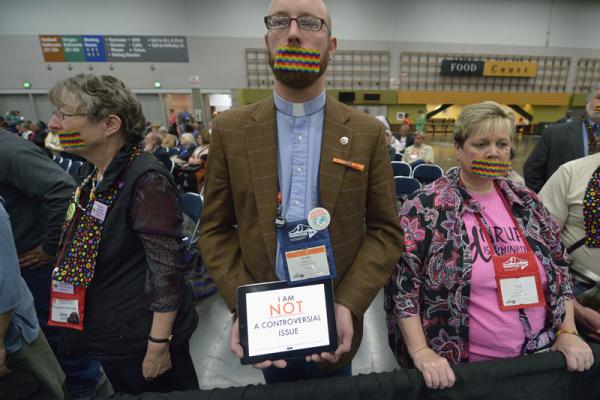May 18, 2016
The United Methodist Church is struggling to maintain unity amid deep divisions over Scripture and sexuality, the presiding bishop of America’s second-largest Protestant denomination acknowledged.
Read the Full Article

Already a subscriber? Login
